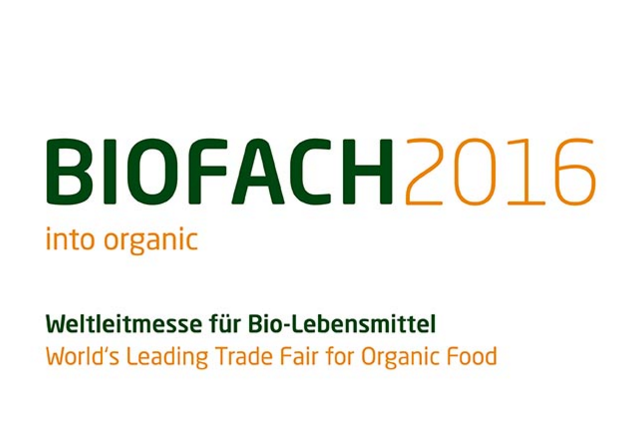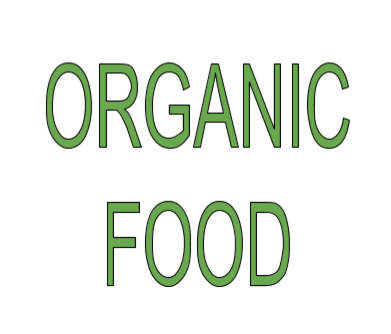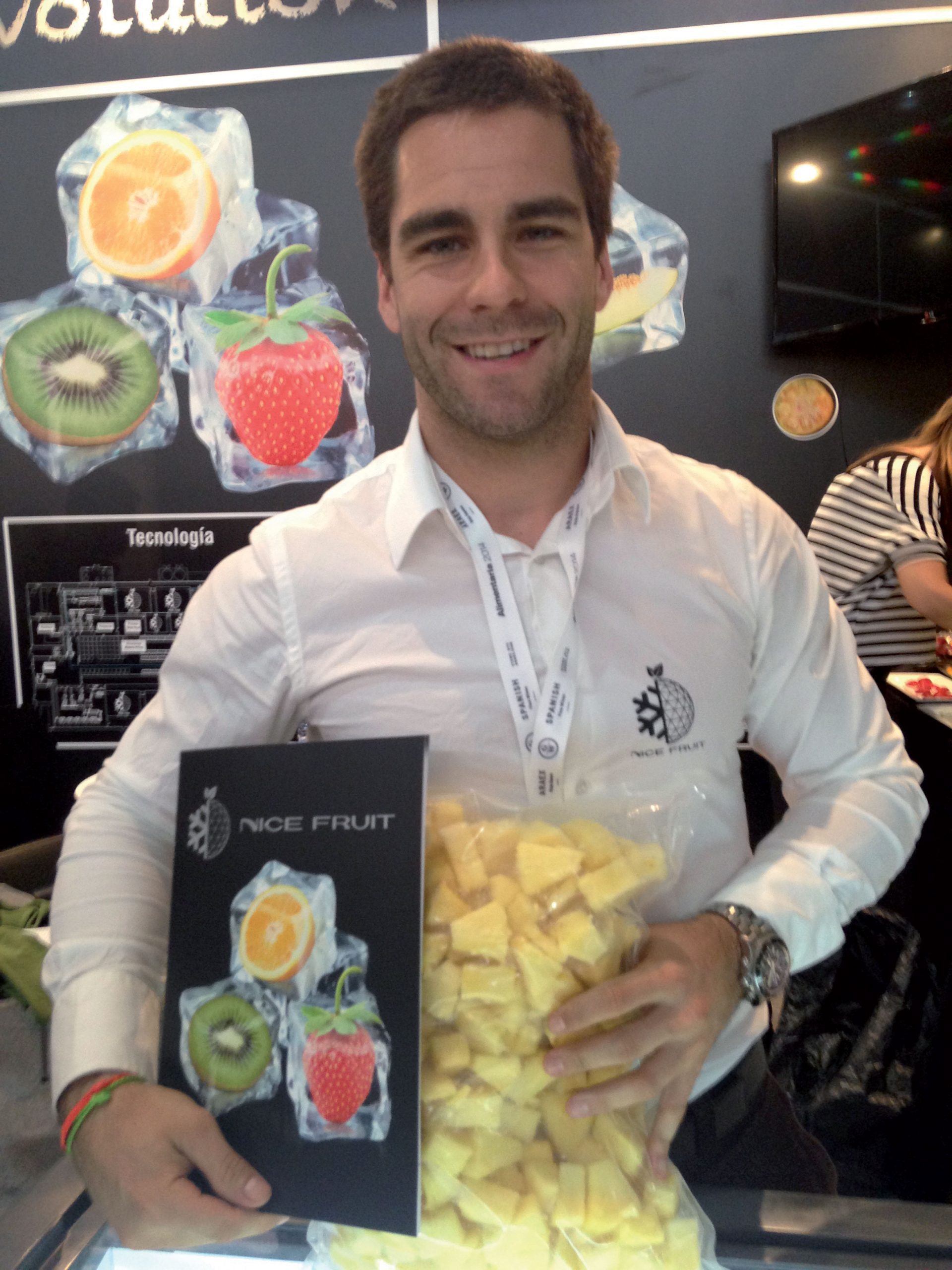
The diversity of the global organic industry will be displayed by over 2,400 exhibitors from February 10-13 at Biofach, billed as the world’s leading trade fair for organic food.
Being held at the Nuremberg Exhibition Centre in Germany, the fair will cover product-oriented and political topics, and the future of trade will be the focus of the two business and trading platforms.
The Biofach congress – the biggest organic congress in the world – starts on Wednesday February 10 and runs throughout the exhibition in NCC Ost, NCC Mitte and hall 9. With some 100 presentations and panel discussions reaching more than 7,000 participants, it is a platform for knowledge transfer, information exchange, discussion and opinion forming.
This year the theme is Organic 3.0 – Acting for more organic! This is an umbrella for discussion of the future of the organic sector and need for credible and sustainable concepts to restructure the global agriculture and food industry.
Another highlight of Biofact is that it gathers the world’s most important innovations in trend and niche markets in one place. The 500m² Novelty Stand provides a chance to discover new products and creations from the organic sector, showing how good ideas, the best raw materials, ecological packaging concepts and creative design enhance the increasingly varied spectrum of organic products.
It is where voting will take place for the Best New Product Award 2016, the categories for which include fresh food, frozen food, grocery products: cooking & baking, grocery products: snacks & sweets, other grocery products, drinks, and non-food.
Meanwhile, young, aspiring start-ups will present their ideas at the Innovation made in Germany pavilion. which has sponsorship from the Federal Ministry for Economic Affairs and Energy (BMWi).
For Germany’s specialist retailers, such as natural food stores and health food shops, the Fachhandelstreff, in stand 9-551 in hall 9, will be a magnet. Encompassing the Fachhandels Forum and the Fachhandels Club, it offers a wide-ranging programme of discussions tailored to be highly useful to this target group.
Biofach organisers say for some time now organic products have ceased to be in a niche and are instead working their way into the mainstream – presenting specialist stores with new challenges. The rising demand for organic products is being met by more and more retailers. For example, with Edeka having recently started to stock Alnatura products, the number of sales outlets offering this range alone has now doubled to 7,500 since the beginning of this year.
According to the German Federation of the Organic Food Industry (BÖLW), which is Biofach’s national supporting organisation and headquartered in Berlin, the income from the German organic market rose 4.8% to €7.9 billion in 2014. Specialist stores were the main beneficiaries, enjoying a 9% increase in revenue.
In the first half of 2015, German households spent 8.4% more on organic products compared to the same period in 2014, and surveys indicate that specialist stores saw an increase of 10.5%. By the end of 2015, Germany’s total revenue from organic products is expected to have exceeded €8 billion.



